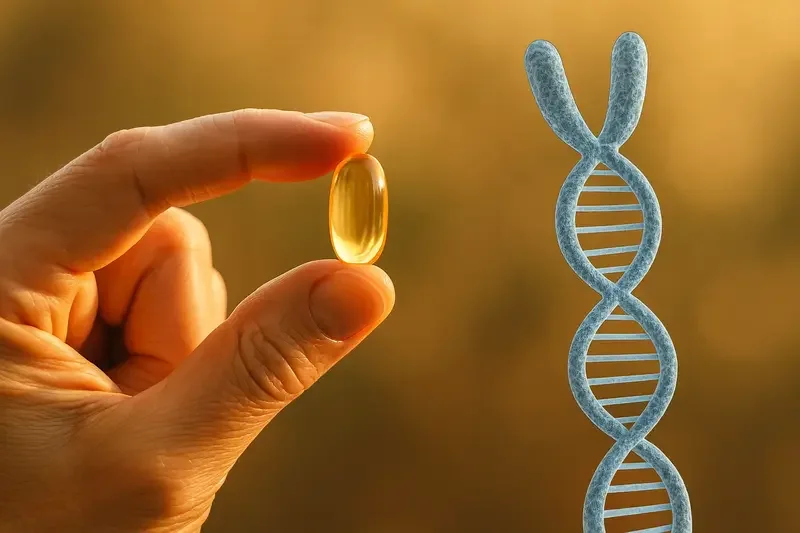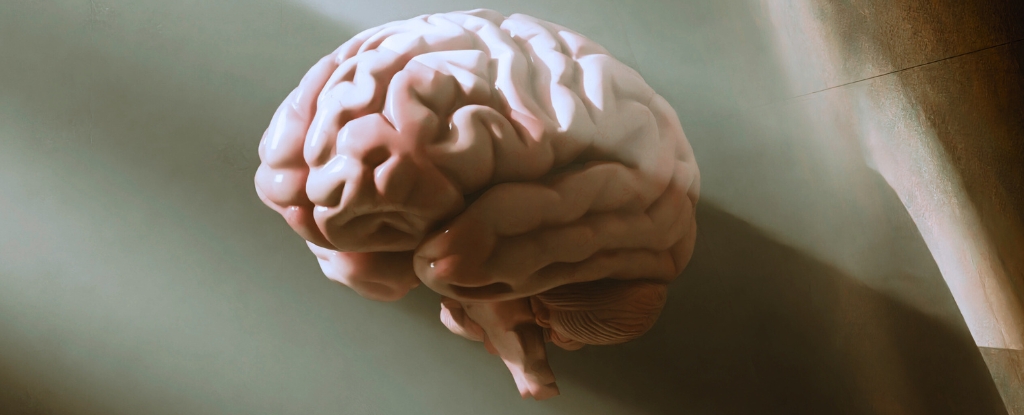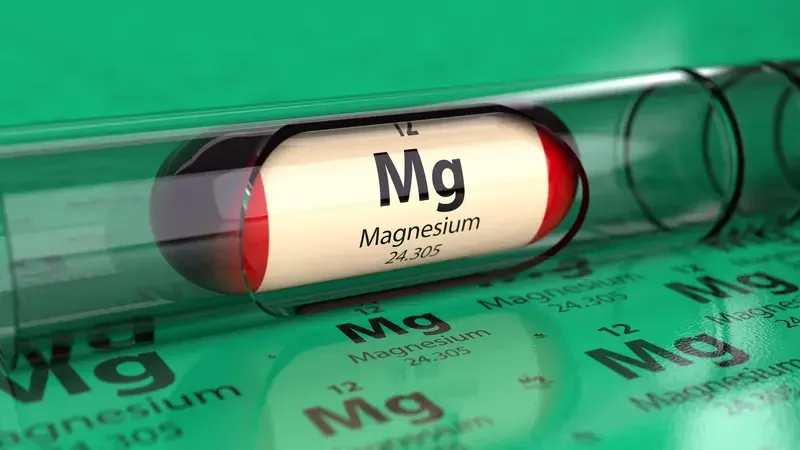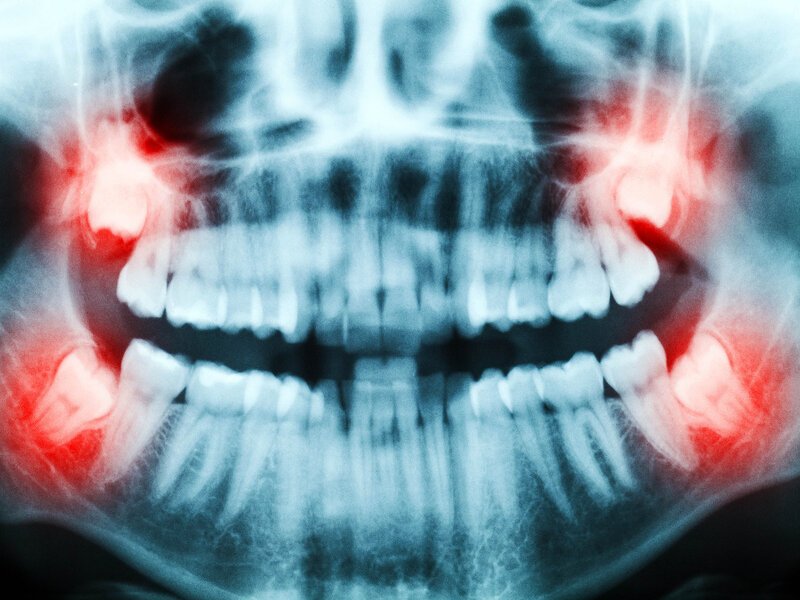A recent scientific study has revealed a promising connection between vitamin D and the biological aging process, suggesting that this essential nutrient may help slow down how quickly the body ages at the cellular level. Often referred to as the “sunshine vitamin,” vitamin D is already known for supporting bone strength, immune defense, and mood regulation. However, new research indicates that it may also play a role in preserving DNA integrity and reducing cellular damage — both key factors that influence biological aging. In the study, scientists examined blood samples and genetic markers of aging and discovered that people with adequate vitamin D levels had longer telomeres — the protective ends of chromosomes that naturally shorten over time. Shorter telomeres are linked to accelerated aging and a higher likelihood of developing chronic conditions such as heart disease, diabetes, and cancer. Researchers suggest that vitamin D’s antioxidant and anti-inflammatory effects could be responsible for this benefit. Since inflammation and oxidative stress speed up cellular aging, maintaining optimal vitamin D levels may help protect against these harmful processes. While further studies are needed to clarify exactly how vitamin D influences longevity, the evidence reinforces its importance for overall health. Ensuring proper vitamin D intake through sunlight, diet, or supplements could help support not only stronger bones and immunity but also a slower, healthier aging process.








































